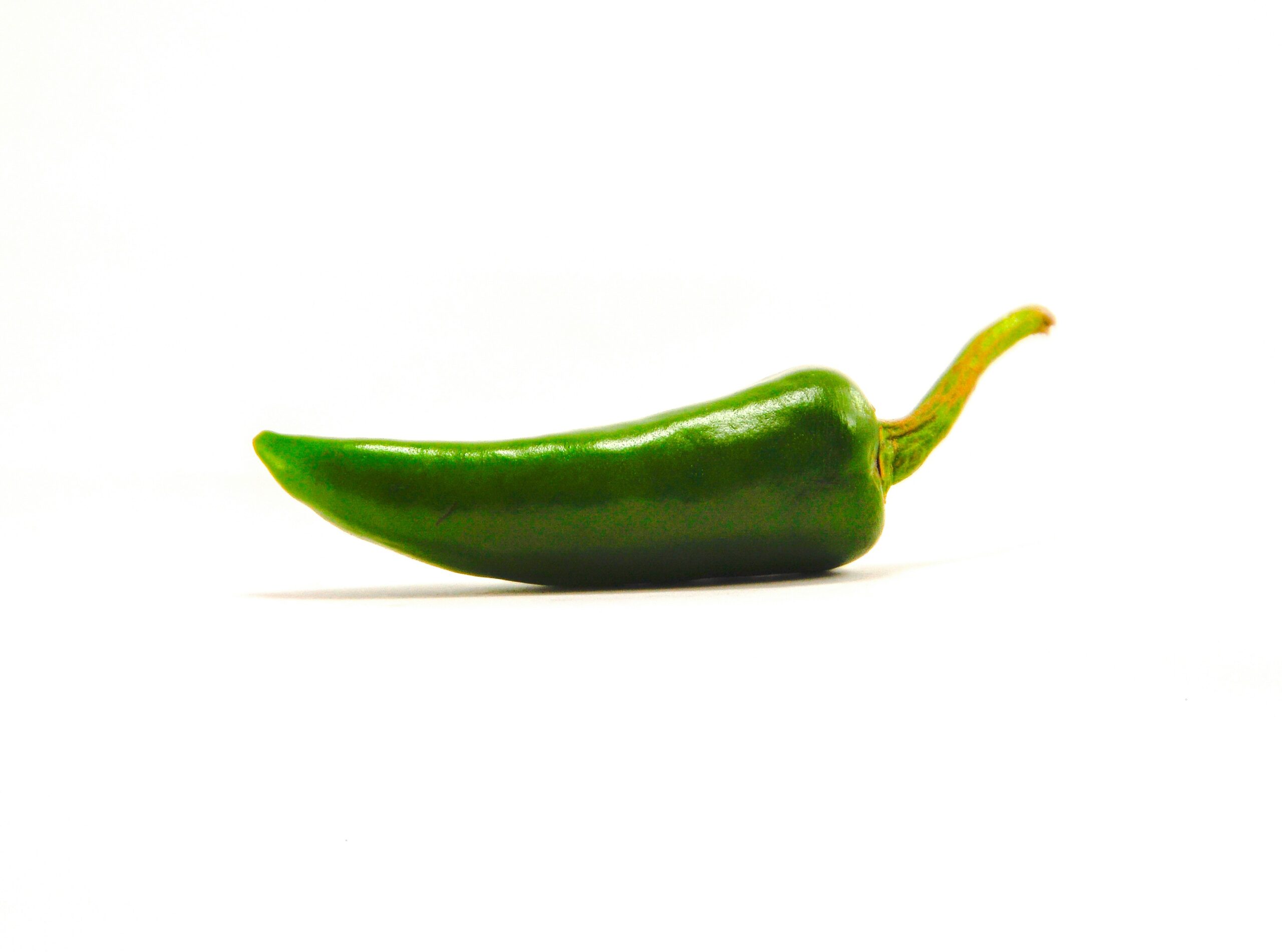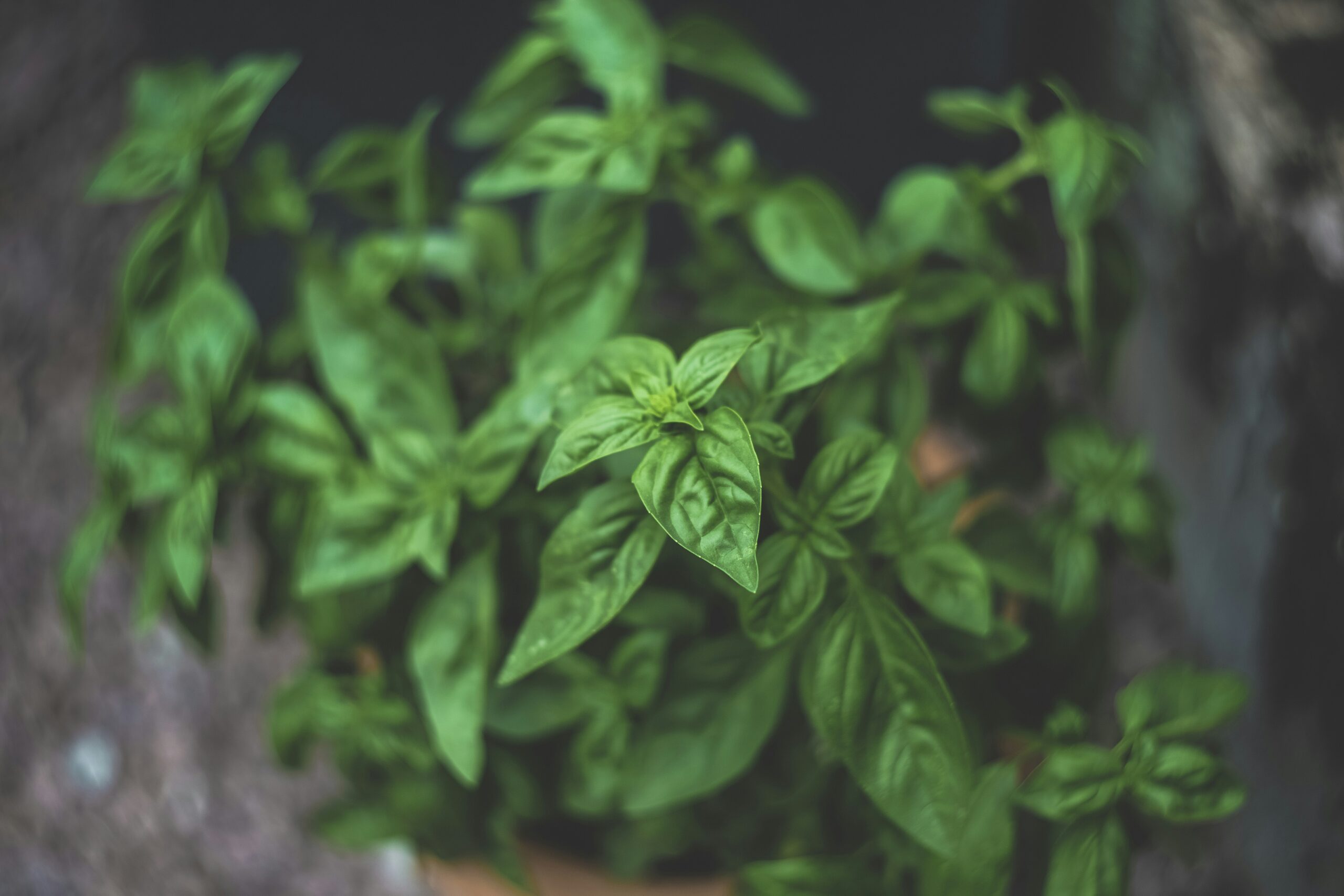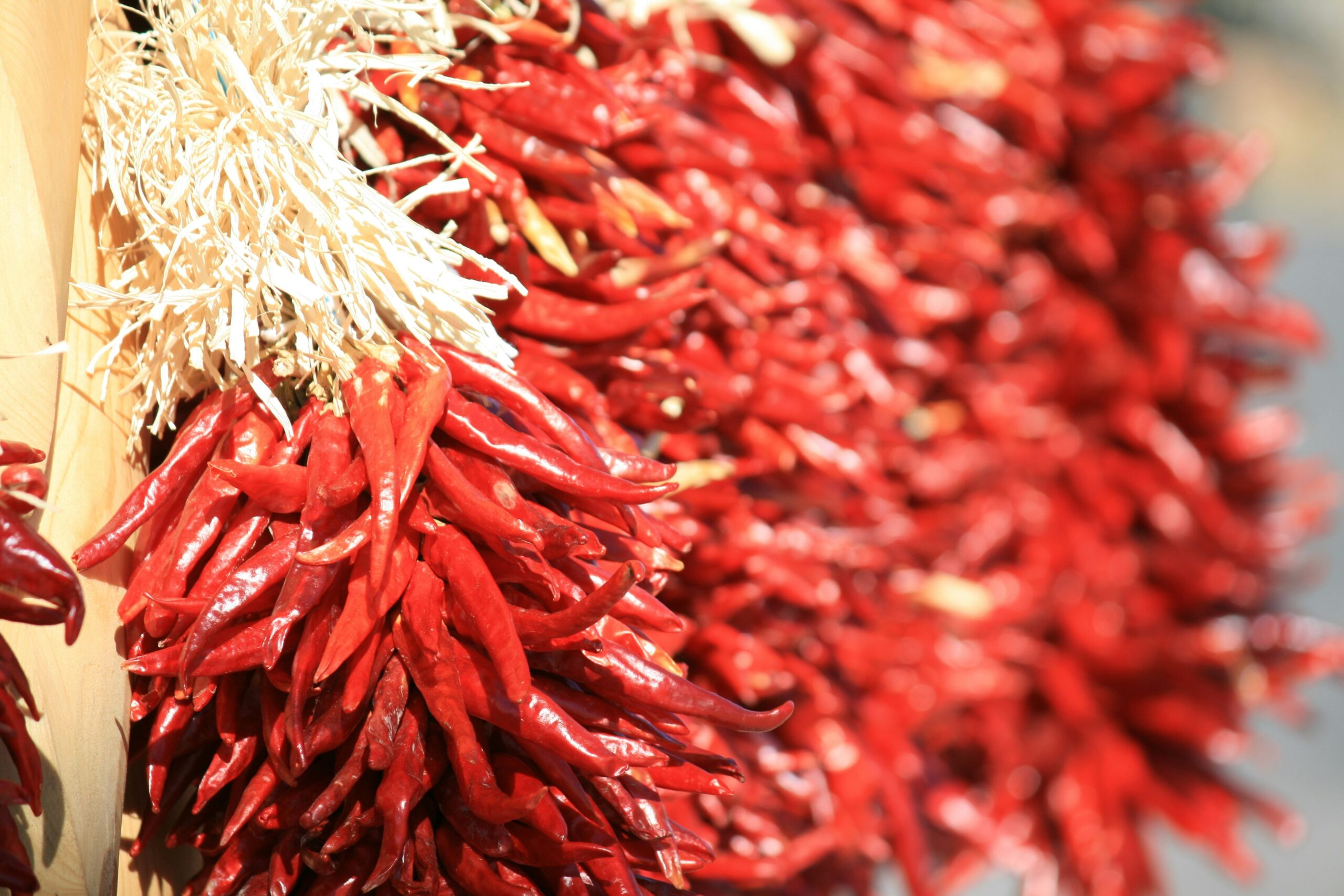Have you ever wondered whether your dinner habits could affect how your morning begins, particularly in terms of the scent you notice when you first visit the bathroom? It’s not your imagination—what you eat and drink can significantly influence how your urine smells. Recently, spicy foods have become a point of curiosity when it comes to contributing to a strong urine odor in the morning.

Understanding the Science Behind Urine Odor
Your urine’s scent is influenced by various factors, from hydration levels to the foods you consume. Urine is essentially a waste product, consisting mainly of water mixed with chemicals like urea, uric acid, ammonia, hormones, dead blood cells, proteins, salts, and other compounds. The breakdown of food in your system can influence the composition and odor of your urine.
Role of Diet in Urine Odor
What you eat and drink has a direct impact on the smell of your urine. Certain foods and drinks contain compounds that metabolize into odorous molecules, which are then expelled through your urine.
Food Impact on Urine Odor:
| Food/Drink | Typical Effect on Urine Odor |
|---|---|
| Asparagus | Causes a strong, sulfur-like smell |
| Coffee | Can produce a sweet odor |
| Alcohol | Often results in a pungent odor |
| Spicy Foods | Potentially leads to a strong odor |
The Breakdown of Spicy Foods
Spicy foods often contain compounds such as capsaicin (the active component in chili peppers) that can affect your body in various ways. Capsaicin is metabolized in the liver and broken down into several metabolites, some of which are excreted in your urine. Other spices, like garlic and onions, contain sulfur compounds that can also affect urine odor.
Common Spicy Food Components and Their Effects:
| Spicy Ingredient | Possible Metabolites | Effect on Urine Odor |
|---|---|---|
| Capsaicin (from chilies) | Capsaicinoids and derivatives | Slight burning sensation and odor |
| Garlic | Allyl methyl sulfide | Strong, sulfur-like odor |
| Onions | Sulfur compounds | Strong, often sweet-pungent odor |
How Your Body Processes Spicy Foods
Absorption and Metabolism
When you consume spicy foods, your gastrointestinal tract absorbs the spicy compounds, which are then metabolized and processed by your liver. Some of these metabolites are fat-soluble, meaning they can be stored in your body’s fat cells and may take longer to be fully excreted.
Excretion
After absorption and metabolism, the remaining compounds are excreted through your urine. If these metabolites are particularly odorous, they can make your urine smell more intense. The timing of this process can vary depending on your metabolic rate, the specific spices involved, and how much you consumed.
Factors Enhancing the Odor from Spicy Foods
Hydration Levels
Hydration plays a significant role in the concentration of your urine. When you’re dehydrated, your urine becomes more concentrated, which can amplify any existing odorous compounds. Drinking plenty of fluids can help dilute these compounds, making the odor less noticeable.
Individual Differences
Everyone’s body metabolizes food differently. Factors such as age, overall health, and even gut bacteria can influence how strong the odor is. Some people may notice a dramatic change in urine odor after consuming spicy foods, while others may detect only a slight difference.
Type and Quantity of Spices
The kind of spicy foods you consume and how much you eat can also matter. Essentially, the more you consume, the more metabolites your body has to process and excrete, potentially resulting in a stronger odor.
Other Foods and Drinks That Influence Urine Odor
Vegetables
Some vegetables like asparagus and broccoli contain sulfur compounds that can result in a strong urine odor.
Fruits
Certain fruits like durian and pineapple are known for their strong scents, which can transfer to your urine.
Drinks
Beverages such as coffee and alcohol can also change the smell of your urine. Coffee, for instance, can make your urine smell sweet because of the presence of certain aromatic compounds.

Managing Urine Odor
Hydration is Key
Staying well-hydrated can go a long way in managing urine odor. Drinking water helps dilute the concentration of odorous compounds, making the smell less intense.
Balanced Diet
Maintaining a balanced diet with a variety of foods can help minimize drastic changes in urine odor. Even if you enjoy spicy foods, combining them with other types of foods can mitigate their impact.
Regular Bathroom Breaks
Don’t hold in your urine for extended periods. This can lead to a higher concentration of waste products and stronger odor. Frequent bathroom breaks can help keep your urine diluted.
Hygiene Practices
Good personal hygiene is essential. Wipe properly after using the bathroom and regularly clean the genital area.
Medical Conditions and Urine Odor
Urinary Tract Infections (UTIs)
A UTI can cause your urine to have a strong, unpleasant odor. If you notice this alongside symptoms like burning during urination, urgency, or cloudy urine, consult a healthcare provider.
Diabetes
People with unmanaged diabetes might notice a sweet-smelling urine, often indicative of excess glucose.
Liver and Kidney Conditions
Problems with liver or kidney function can also result in a change in urine odor. These organs are responsible for filtering waste, and any malfunction can influence how waste is processed and excreted.

Conclusion
The food choices you make have a more significant impact on your body than you might think. Spicy foods, in particular, can lead to a robust and sometimes pungent urine odor, especially when combined with factors like dehydration or high quantities of consumption. Understanding how these foods interact with your body can help you manage and even predict these changes. So, if you find that your urine has a stronger odor in the morning after a spicy dinner, it’s likely not a cause for concern but simply a natural result of your dietary choices.

